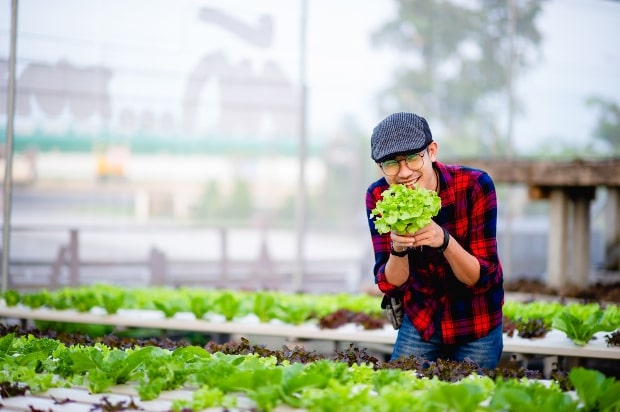Cultivating Sustainability: The Rise of Urban Farming Projects

Introduction:
In the concrete jungles of our cities, a green revolution is quietly taking root. Urban farming projects are sprouting up, offering solutions to food insecurity, environmental degradation, and community disconnect. Let’s delve into this burgeoning movement reshaping our urban landscapes.
1. The Green Oasis Amidst Concrete:
Urban farming projects transform vacant lots, rooftops, and even vertical spaces into vibrant oases of greenery. These spaces not only beautify the urban landscape but also provide a crucial source of fresh produce.
2. Sustainability in Action:
By practicing sustainable agriculture techniques such as vertical farming, aquaponics, and composting, urban farms minimize environmental impact. They reduce food miles, conserve water, and promote biodiversity, exemplifying eco-conscious living.
3. Nourishing Communities:
Beyond providing fresh food, urban farms foster community engagement and empowerment. They serve as educational hubs, teaching people of all ages about the importance of healthy eating and environmental stewardship.
4. Addressing Food Insecurity:
In food deserts, where access to fresh, nutritious food is limited, urban farms offer a lifeline. They bridge the gap between communities and healthy food options, promoting food sovereignty and resilience.
5. Economic Empowerment:
Urban farming projects create employment opportunities and stimulate local economies. From farm workers to entrepreneurs selling farm-fresh produce, these initiatives contribute to the financial well-being of urban communities.
6. Challenges and Solutions:
Despite their numerous benefits, urban farming projects face challenges such as limited space, zoning regulations, and access to resources. However, innovative solutions like hydroponic farming and community partnerships are overcoming these hurdles.
7. Scaling Up for Impact:
As the demand for sustainable food grows, urban farming projects have the potential to scale up and make a significant impact. Collaborations between governments, businesses, and communities can further accelerate this growth.
Conclusion:
Urban farming projects are more than just gardens in the city; they represent a paradigm shift towards a more sustainable, equitable, and resilient food system. By nurturing these green spaces, we cultivate not only food but also hope for a brighter, greener future.
